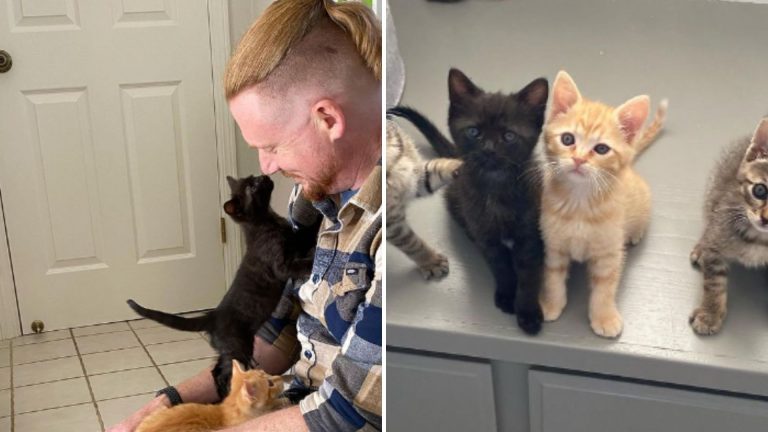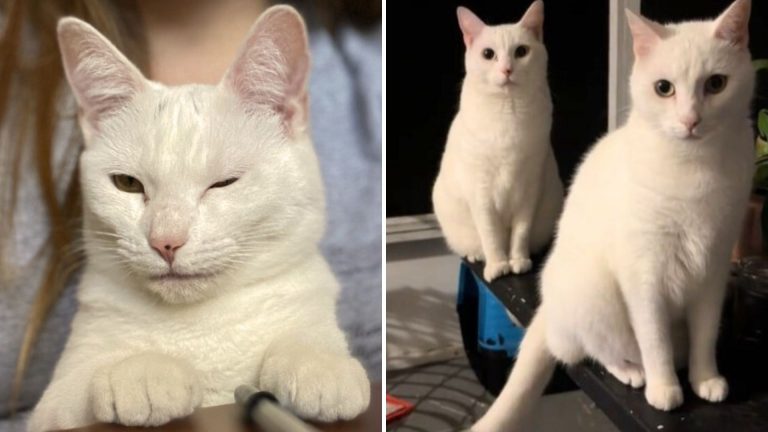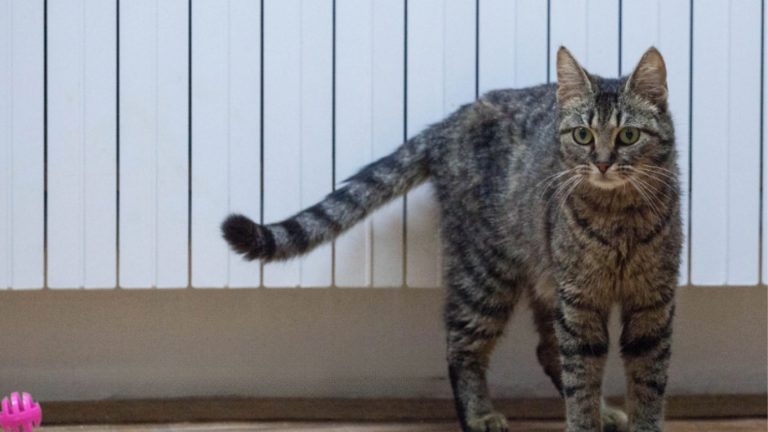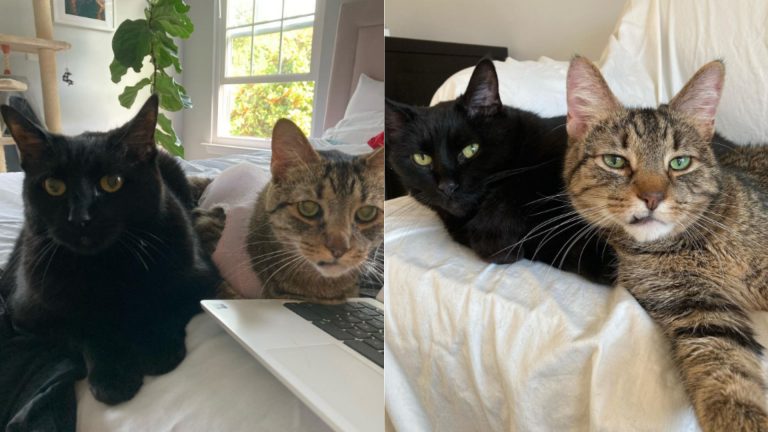This Purr-sonality Test Reveals What Type Of Cat Parent Are You

I reckon we can all agree that cats are like family, just as much as any other family member!
The practice of calling ourselves cat parents is a time-honored tradition among many devoted cat owners worldwide, and it’s something I fully embrace.
However, when it comes to humans and their offspring, each of us has our unique parenting style, right? Well, let’s dive in and see if there are any similarities in how we care for our feline pals!
The Four Types Of Parenting
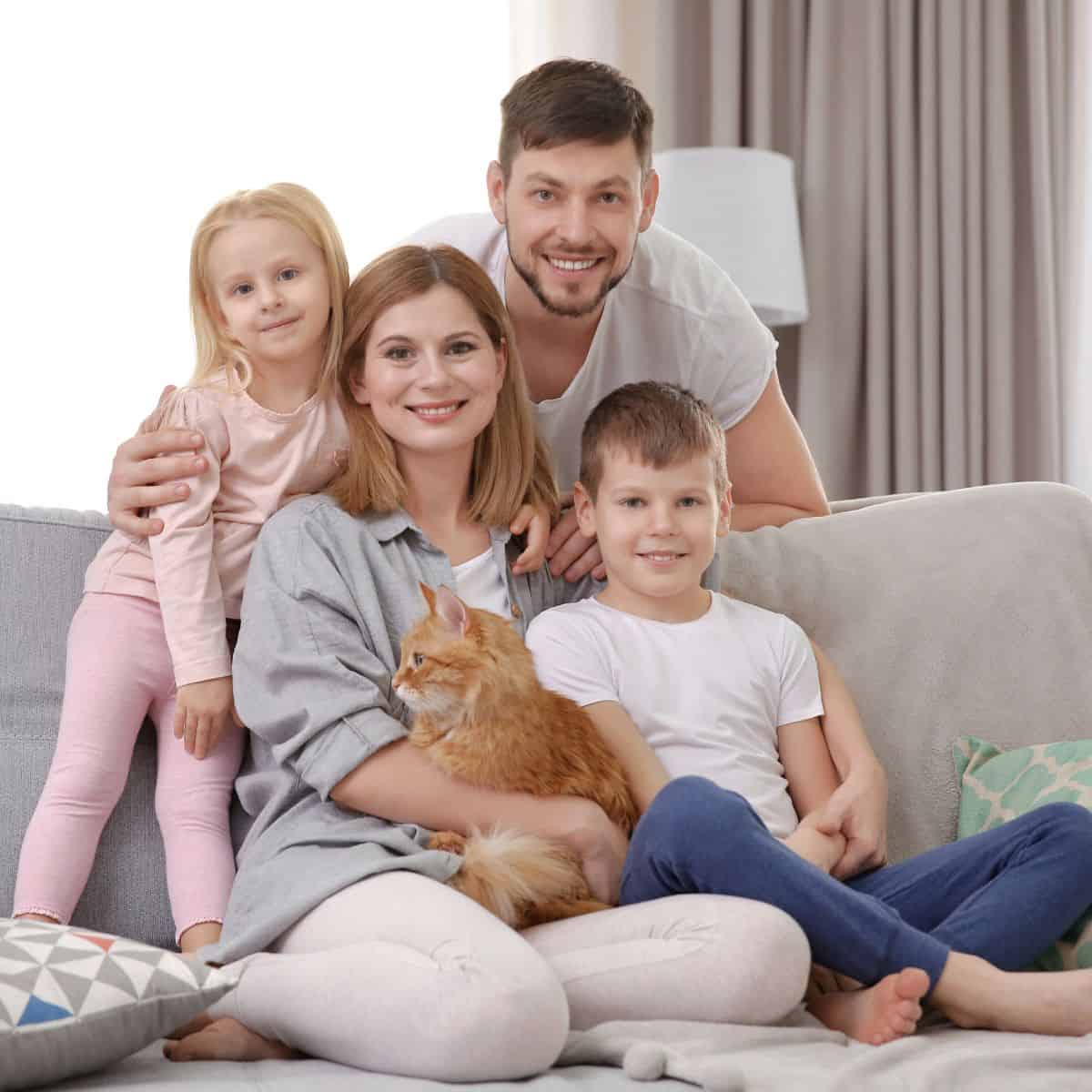
Every parent has their own approach to raising their kids. Back in the ’60s, a clinical and developmental psychologist named Diana Baumrind identified three primary parenting styles: Authoritarian, authoritative, and permissive.
Fast-forward to the ’80s, two Stanford researchers, Eleanor Maccoby and John Martin, added a fourth style, known as neglectful.
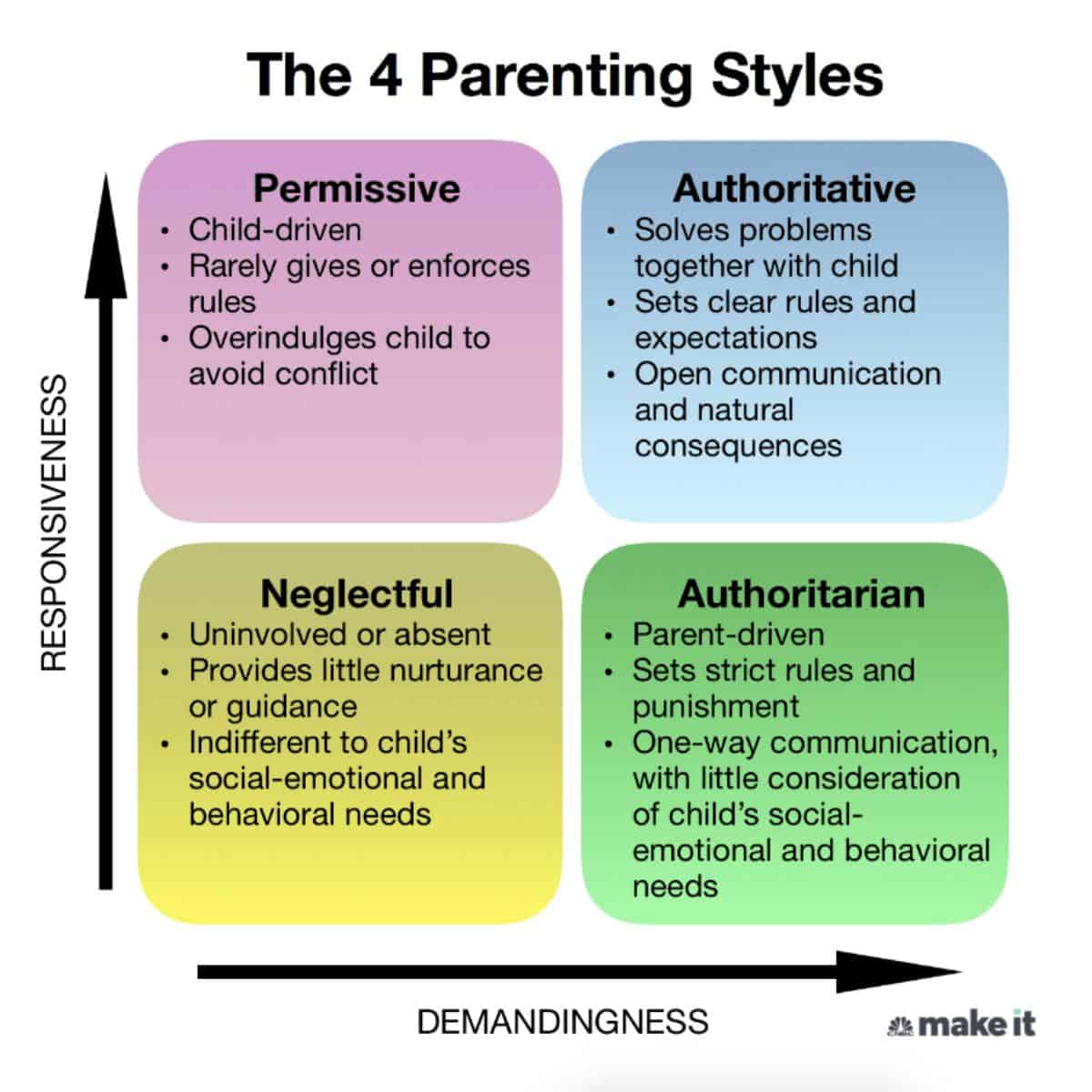
Drawing inspiration from this parenting style theory, Dr. Marci Koski, a certified feline behavior and training consultant, decided to explore if there were any similarities between how people care for their kids and their feline companions.
And believe it or not, there are! In many ways, our approach to our kids mirrors our approach to our feline buddies.
Understanding your cat parenting style is key to being a good cat parent and ensuring a happy, healthy life for your furball.
If you’re curious about your cat parenting style, take this short quiz prepared by Dr. Marci herself!
Quiz: What Type Of Cat Parent Are You?
But before we start with the quiz, here are a few quick reminders:
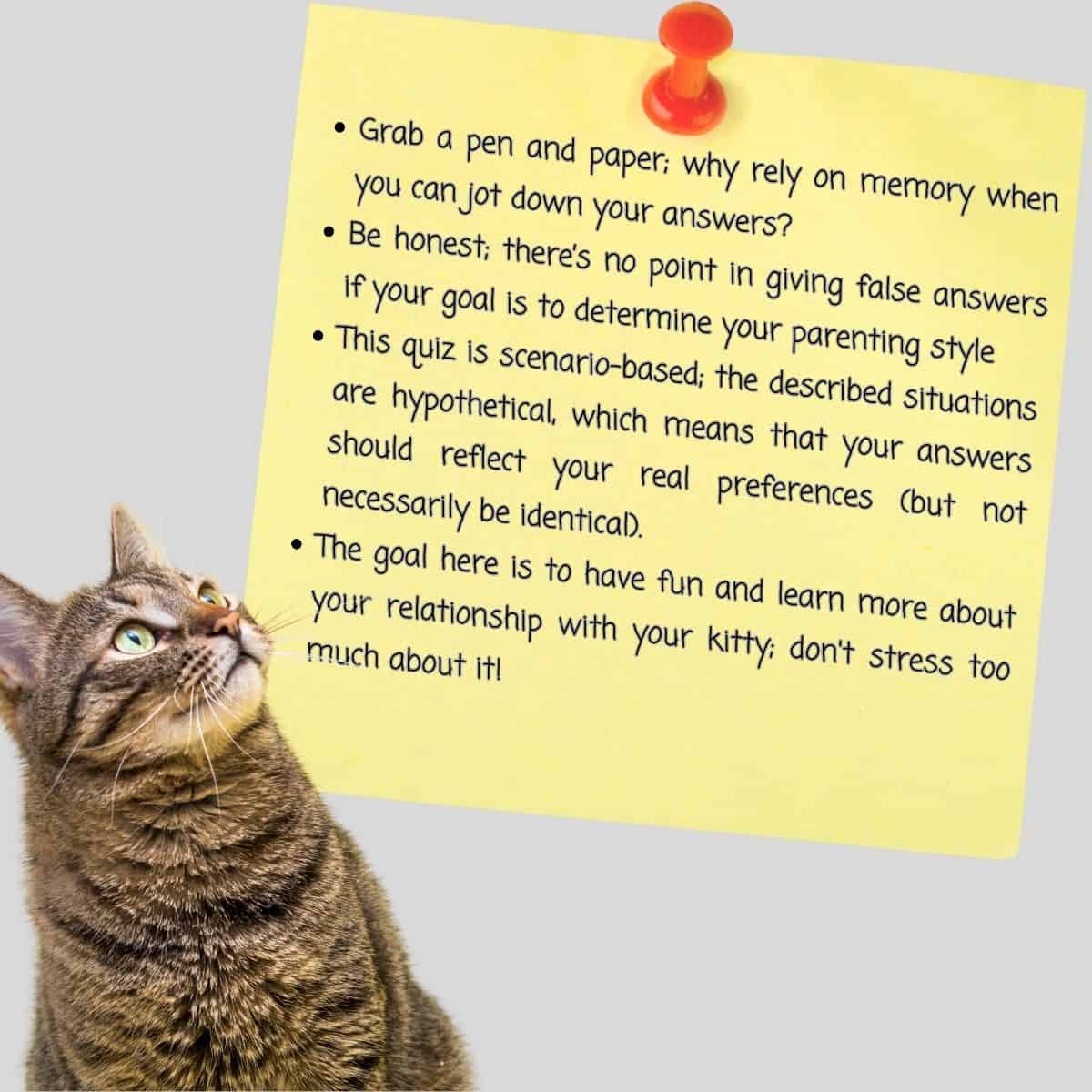
First question: Your cat is begging to go outside, even though you live on a bustling road with coyotes and tough feral tomcats nearby. What’s your move?
A) I take my cat out on the patio, snuggle her, and shower her with love. As she tries to squirm out of my embrace, I give her an extra squeeze!
B) I let her venture outside! It’s her responsibility to steer clear of trouble and dangerous situations. If anything happens, maybe she’ll finally learn her lesson.
C) I completely ignore her pleas to go outside. If she keeps meowing, I scold her. A little discipline will teach her she ain’t going anywhere!
D) I brainstorm ways to provide my cat with a safe outdoor experience. Perhaps I could train her to wear a harness or even look into building a catio for her.
Second question: Your cat hops on the kitchen counter, which has always been off-limits. She’s after the food you’re preparing and tracks her litter box paws over your dinner prep area. How do you handle it?
A) I greet my little furbaby and give her some chicken. Then I pet her and give her some kisses, and of course – more chicken!
B) I let her roam the counter; if she burns her paws on the stove, or eats something she’s not supposed to, that’s a lesson she’ll learn.
C) I roughly pick her up, drop her on the floor, and give her a scolding.
D) I research reasons why she likes jumping on the counter along with the ways to deter her. I train her to use an alternative perch where she can still observe what I’m doing, and I reward her with tasty treats for compliance.
Third question: Your two cats aren’t getting along. One wants to chase and fight, while the other just craves some peace and quiet. What’s your strategy?
A) I keep the cats separated in my home at all times because they’ll simply never get along! I’ll shower them with love equally and basically lead a double life – no matter how inconvenient that might be!
B) Of course, I let them work it out on their own. If the quiet one ends up permanently hiding under the bed, that’s her problem. The world is tough, and she needs to learn to stand up for herself if she wants to survive.
C) I confine them in a room together and step in only when they’re fighting and crying. Then I scold them and withhold dinner or catnip toys for a week. That’ll teach them a lesson!
D) I initially keep them apart, then work on reintroducing them gradually, using positive reinforcement and rewards. My aim is for them to have positive associations with each other.
I understand this will take time since my cats set the pace, but I know my efforts will pay off in about a month or so.
Fourth question: You notice your cat has started avoiding her litter box. Yikes! Most of the time, she poops inside the box but urinates just outside of it about half the time. What’s your game plan?
A) Well, I comfort her, of course. I scoop her up in my arms, shower her with kisses, and later clean up her mess with my trusty enzyme cleaner. There’s really nothing else I can do – it is what it is!
B) I let her do her business wherever she wants. If the litter box doesn’t suit her fancy, she can find someplace else she likes better. I don’t really care, honestly.
If, however, she pees or poops in my favorite shoes, then I’ll just give her away. Maybe someone at the shelter would know how to deal with her litter situation.
C) You want to know my game plan? Well, here it is: I take her tiny nose and rub it in the mess she made! I discipline her the same way each time she does it. Eventually, she’ll learn not to do it.
D) This sounds like a vet emergency to me! I rush her to the vet to make sure she has no bladder or urinary issues that need to be addressed.
I also ensure I clean her litter box regularly, opt for an appropriate-sized box and litter, and consult a cat behaviorist if necessary.
The Results!

So, how’d you do on this quiz? Did you recognize yourself in these answers or the cat parent you want to be? What about a cat parent you don’t ever wish to become?
If you’ve got your answers down on the paper, and you’re eager to find out what type of cat parenting style you possess, scroll down to see your results!
A: Permissive Cat Parenting Style
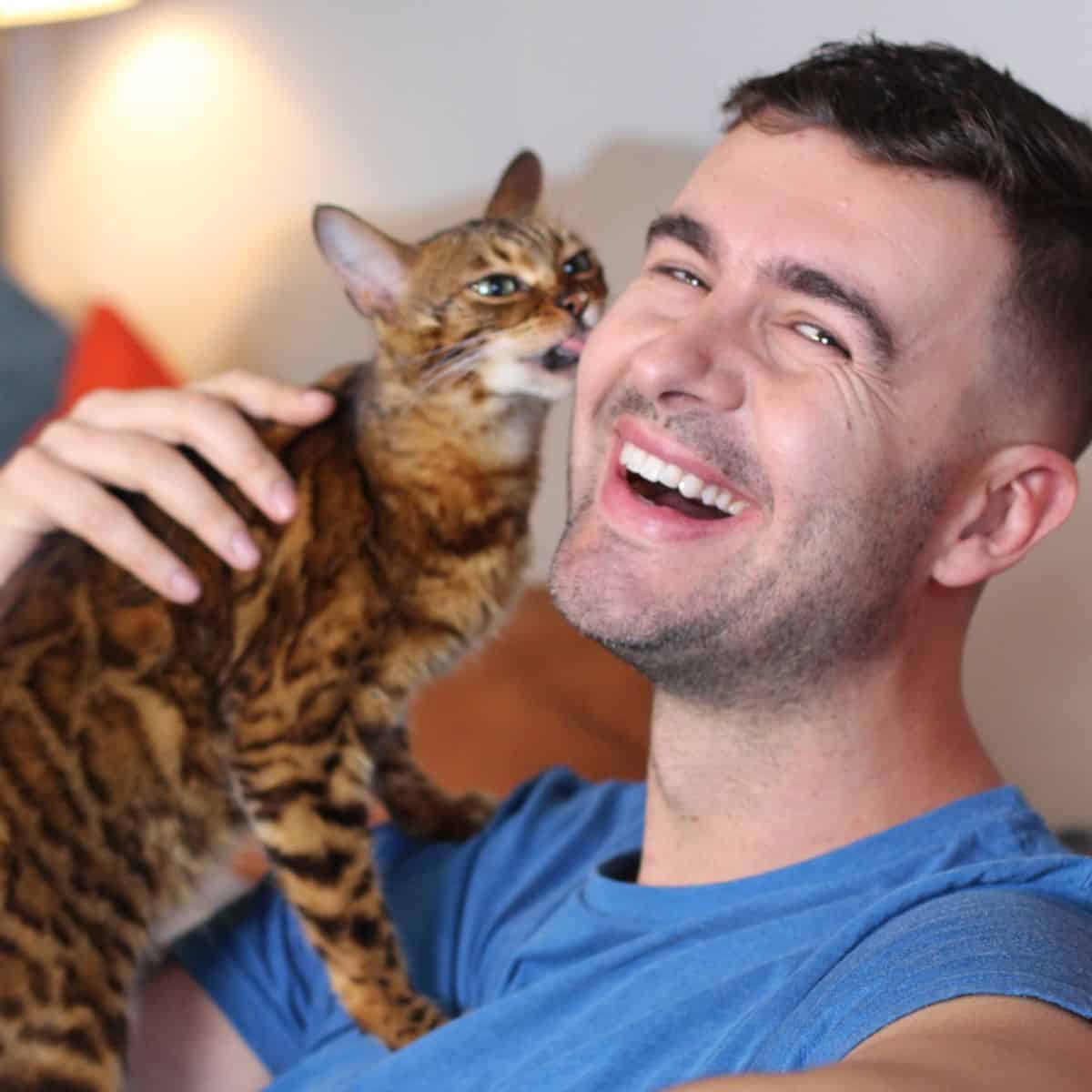
If you found yourself picking mostly A’s, you’re likely leaning toward the permissive parenting style. You often have trouble saying “No” to your precious fluff, even when she’s up to no good.
You tend to go the extra mile to keep your kitty happy, which is admirable, but it can also unintentionally reward bad behavior.
For instance, if your cat has a habit of scratching the furniture, and you only correct her occasionally, it can be hard for her to grasp that it’s a no-no.
One of the common cat myths is that our feline friends cannot be trained, but more often than not it’s our fault they appear untrainable.
Your goal as a cat parent should always be to work with your cat in a healthy and balanced manner, avoiding extremes of permissiveness or strictness. Remember: Balance is the key to success!
B: Neglectful Cat Parenting Style

If you were drawn to mostly B-answers, you may lean toward the neglectful parenting style. You let your fluff do her thing without much thought about whether it’s good for her.
While respecting her independent nature is good, your goal should also be to ensure her safety. Sometimes, she may want to roam outside, even in risky situations. In such cases, her independence can lead to dire consequences.
I get it, you believe in learning from experience, but at the end of the day, your cat is just a cat. She relies on your guidance more than you might realize, even if she appears self-sufficient.
C: Authoritarian Cat Parenting Style

Did C-answers seem like a natural choice for you in these questions? If so, then your parenting style is more on the authoritarian side. Tough love is the language you speak, and ruling with an iron fist your preferred approach.
You likely see yourself as a ruler who should be respected at all times, which is a rather feline-like mindset if you ask me.
Bear in mind that this strict approach can harm the relationship you have with your furball. Too much tough love can lead to anxiety and depression in your kitty, which is probably not something you want her to go through.
Every once in a while, reward your kitty for the things she does right and show her some love. Trust me, it’ll be worth it!
D: Authoritative Cat Parenting Style

And finally, if most of your answers leaned towards D, congrats! You’re an authoritative cat parent.
This parenting style is widely considered the gold standard because it encompasses all the qualities a responsible cat guardian should possess.
As an authoritative cat parent, you set expectations for good behavior in your furball.
But here’s the kicker – you also understand that you’re the one responsible for making those expectations a reality, and you hold yourself accountable for everything your kitty does.
You’re all about positive reinforcement and steer clear of punishment whenever possible. Sure, it’s the most challenging parenting style, demanding time and patience for training, but the hard work pays off in the end.
If you sense that your kitty both loves and respects you, then you’re definitely an authoritative cat parent.
Final Thoughts
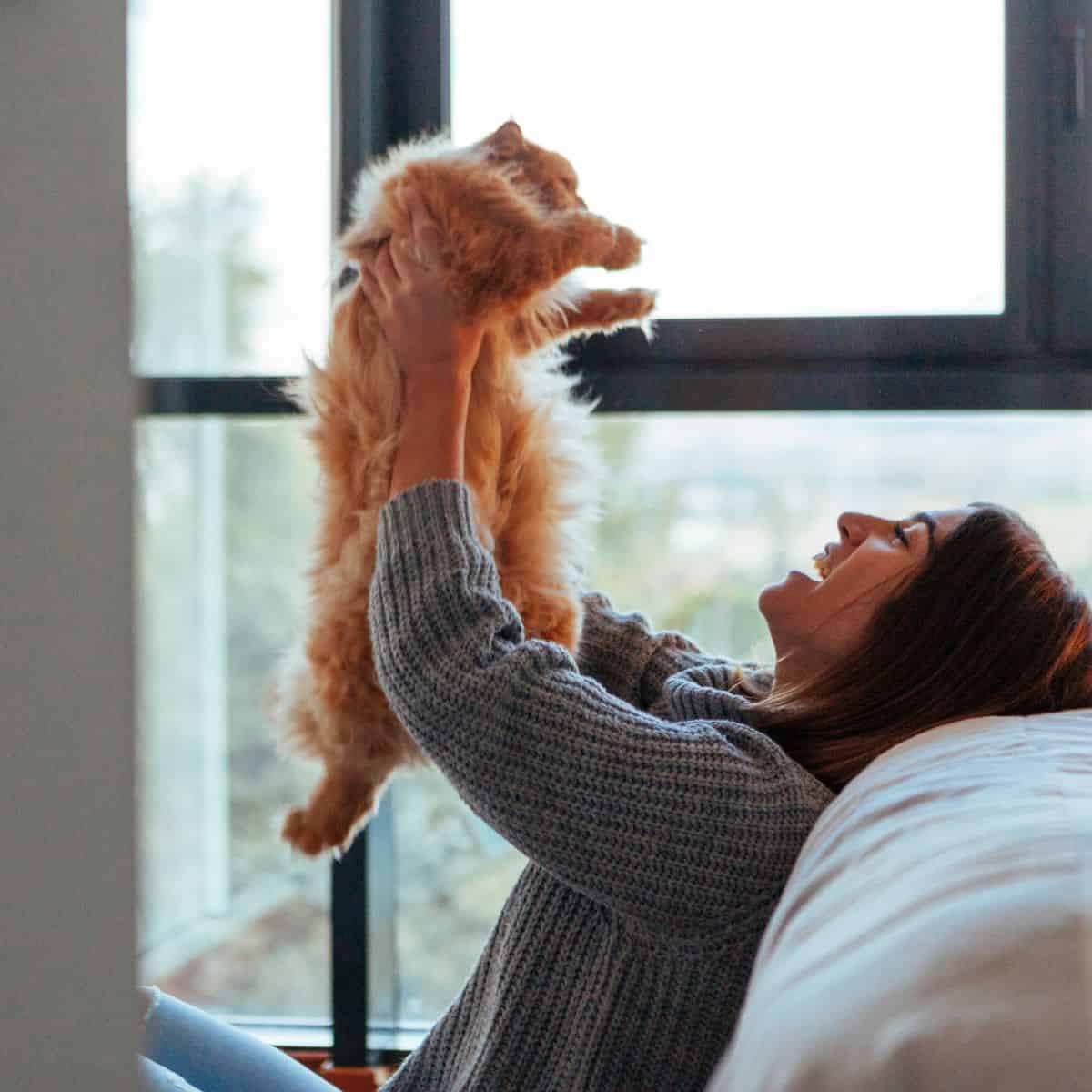
So tell me, are you satisfied with your results? Is there something you’d like to tweak about your parenting style?
I think this quiz Dr. Marci came up with is a fantastic opportunity for us cat parents to reflect on our strengths and weaknesses and pinpoint areas for improvement.
By recognizing our parenting styles, we’re setting the stage for self-improvement and enhancing our relationships with our furry companions.
So, if you’re not entirely satisfied with your outcome, no need to fret! Consider it a chance to make positive changes for the sake of your beloved feline buddy.


